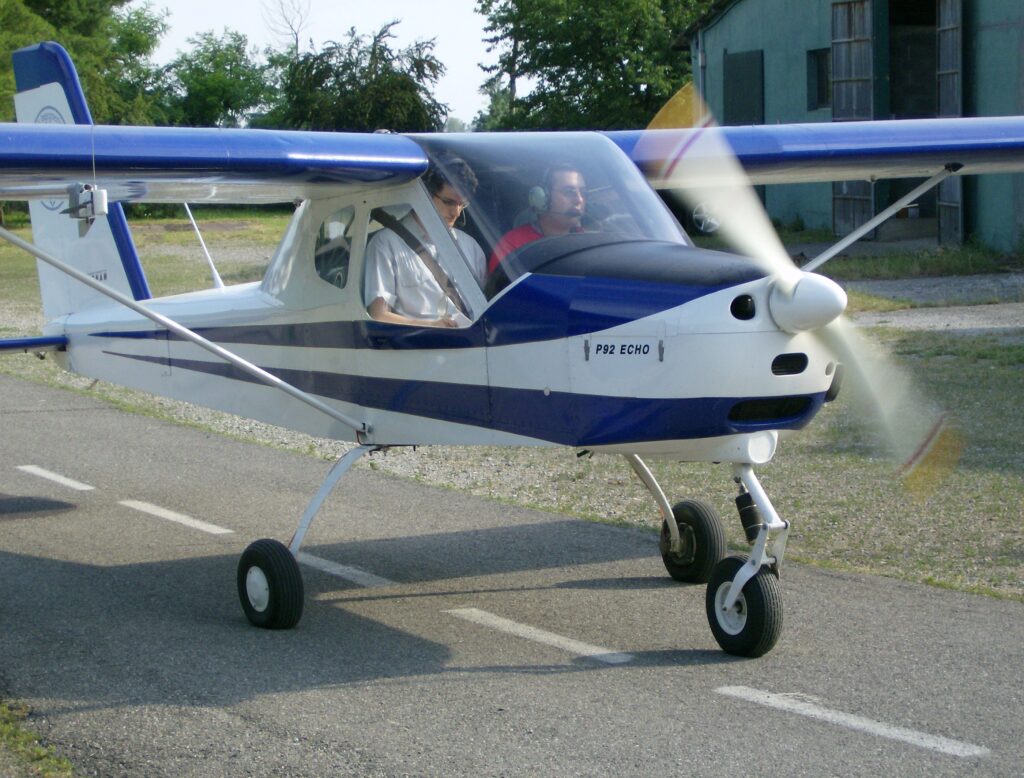“At Politecnico di Milano, educational flight activities have multiplied in recent years”, explains prof. Lorenzo Trainelli , professor of the Flight Experimentation course. "Last year over 180 students were involved in flight missions on four-seater aircraft operated by Aero Club Milano , with which we have long established a fruitful collaboration."
In this activity, students directly experience the notions they acquire in the Fundamentals of Atmospheric Flight Mechanics course and other courses of the Degree in Aerospace Engineering.

That's not all: a unique feature of the educational offer of Politecnico di Milano is the flight test series of the Flight Testing course.
"In this activity, offered in our Master's Degree in Aeronautical Engineering, each student designs and executes a flight test mission , acting as a Flight Test Engineer alongside the pilot."
In fact, the course exposes students to the complete process of Flight Testing: from planning, to practical execution, to data analysis and reporting.
We affectionately call it P92DAER: it is a Tecnam P92 Echo basic ultralight aircraft with Rotax 912 UL engine, operated by the Department of Aerospace Science and Technology (DAER) for over ten years and then grounded following a mechanical failure.
In collaboration with Aero Club Milano, the University has decided to recover it in flight conditions that include some important interventions. The operation has already begun: the Department purchased a new Rotax engine in May 2021 and will soon be installed. But it doesn't stop there .

The addition of radios, transponders and ballistic parachutes for the passage of the P92 into the 'VDS Advanced' category, the replacement of flight control cables, a general overhaul of the airframe and structure, plus some other minor interventions, still need to be done. The cost of the operation is around 25 thousand euros : to complete it we need you Alumni !
Once completed, the P92DAER will become a real Flying Laboratory permanently instrumented for the acquisition of flight data and would allow a reduction in the costs of flying hours for educational activities .
It would also have a strong impact in terms of research , in particular on the analysis of flight data for the development of predictive models , both in the context of Commission projects. , and in collaboration with companies and institutions in the aeronautics sector: experimentation on aerodynamics, innovative materials, sensors, control and automation laws, measurement techniques and much more.
